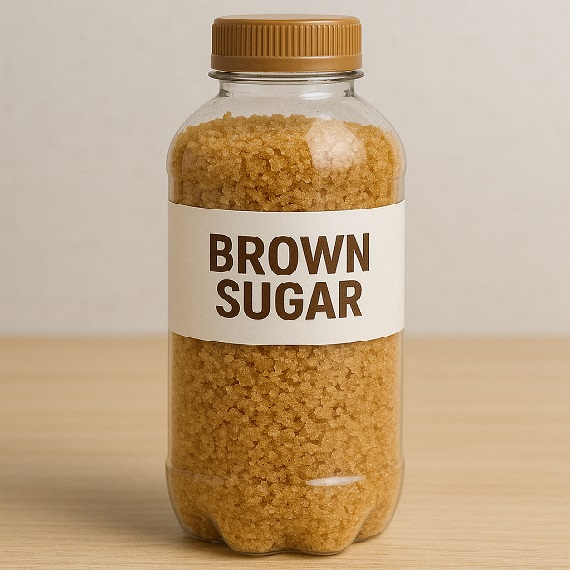
Is Brown Sugar Healthier Than White Sugar?
Is Brown Sugar Healthier Than White Sugar? When it comes to choosing a sweetener, many people wonder if brown sugar is a healthier option compared to white sugar. Both types of sugar are commonly used in baking, cooking, and sweetening beverages, but there are some differences between them. This article delves into the nutritional aspects, health impacts, and common myths surrounding brown sugar and white sugar to help you make an informed choice.
Understanding Brown Sugar and White Sugar
Composition and Processing
White sugar is typically refined from sugar cane or sugar beets. During processing, molasses is removed, resulting in pure sucrose with a white color. Brown sugar, on the other hand, is either less refined, retaining some of the molasses, or is white sugar with molasses added back in. This gives brown sugar its characteristic color and flavor.
Nutritional Differences
Nutritionally, both brown and white sugars are similar, with slight variations:
- Calories: Both sugars provide about 15-17 calories per teaspoon.
- Minerals: Brown sugar contains trace amounts of minerals like calcium, potassium, iron, and magnesium due to the molasses content. However, the amounts are minimal and do not significantly contribute to daily nutritional needs.
Glycemic Index
The glycemic index (GI) of both sugars is also comparable. The GI measures how quickly foods raise blood glucose levels. Brown and white sugars have similar GI values, meaning they impact blood sugar levels in much the same way.
Health Impacts of Sugar Consumption
Blood Sugar Levels
Excessive sugar consumption, whether from brown or white sugar, can lead to spikes in blood glucose levels, increasing the risk of developing insulin resistance and type 2 diabetes. Therefore, moderation is key regardless of the type of sugar consumed.
Weight Gain
Both types of sugar contribute to calorie intake without providing significant nutrients, often leading to weight gain if consumed in large quantities. Reducing overall sugar intake is beneficial for weight management and overall health.
Dental Health
Sugars, including both brown and white, are major contributors to tooth decay. Bacteria in the mouth feed on sugar, producing acids that erode tooth enamel. Good oral hygiene and limiting sugar intake can help maintain dental health.
Common Myths About Brown Sugar
Myth: Brown Sugar is Significantly Healthier
While brown sugar does contain slightly more minerals than white sugar, the difference is negligible. The trace minerals in brown sugar do not provide substantial health benefits. Therefore, it cannot be considered significantly healthier than white sugar.
Myth: Brown Sugar is Less Processed
Though some brown sugars are less refined, many commercial brown sugars are simply white sugar with molasses added back in. The processing differences do not make a significant impact on health.
Making Healthier Choices
Moderation is Key
Whether you prefer brown sugar or white sugar, moderation is crucial. The American Heart Association recommends limiting added sugar to no more than 6 teaspoons per day for women and 9 teaspoons per day for men.
Alternative Sweeteners
Consider using alternative sweeteners like honey, maple syrup, or agave nectar, which may provide additional nutrients and have lower GI values. However, these should also be used in moderation.
Balanced Diet
Focus on a balanced diet rich in fruits, vegetables, whole grains, and lean proteins. Reducing overall sugar intake can help improve overall health and reduce the risk of chronic diseases.
Conclusion
In conclusion, brown sugar is not significantly healthier than white sugar. Both types of sugar should be consumed in moderation as part of a balanced diet. The key to maintaining good health is to limit added sugars and focus on nutrient-rich foods. For more detailed information on sugar consumption and its health impacts, visit these reputable sources:
References
By making informed choices and focusing on a healthy lifestyle, you can enjoy the occasional sweet treat without compromising your health.




